Have your blood drawn by our caring nurses in the comfort of your home. Busy at work? We can come to your office. Our tests are processed quickly and securely by one of our private laboratory partners.
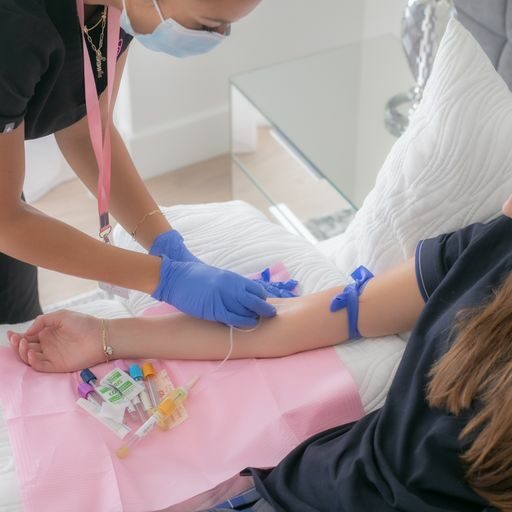
- Complete Blood Count (CBC)
- Hematology and Electrolytes
- Cardiovascular (Lipids, Triglycerides, Cholesterol, HDL, LDL)
- Liver and Renal (ALT, ALP, AST, BUN, Creatinine)
- Thyroid Panel
- Urine Analysis and Cultures
- Stool Tests (FIT, stool culture, Ova & Parasites etc.)
- Strep Tests (Culture)
- Allergy Tests
- Prenatal Blood Tests (Including Prenatal Glucose/Gestational Diabetes tests)
- Prenatal Genetic Screening (Harmony)
- Fertility blood panels
- Pediatric blood tests (heel pricks, venipunctures)
- COVID Antibody Test (serology test)
- And many more
Looking for a fast solution for a blood test from the comfort of your house? Either you are busy at work, hate hospitals or simply do not wish to leave your house, Nela Sante Blood Test service is available for you!
Complete Blood Count (CBC)
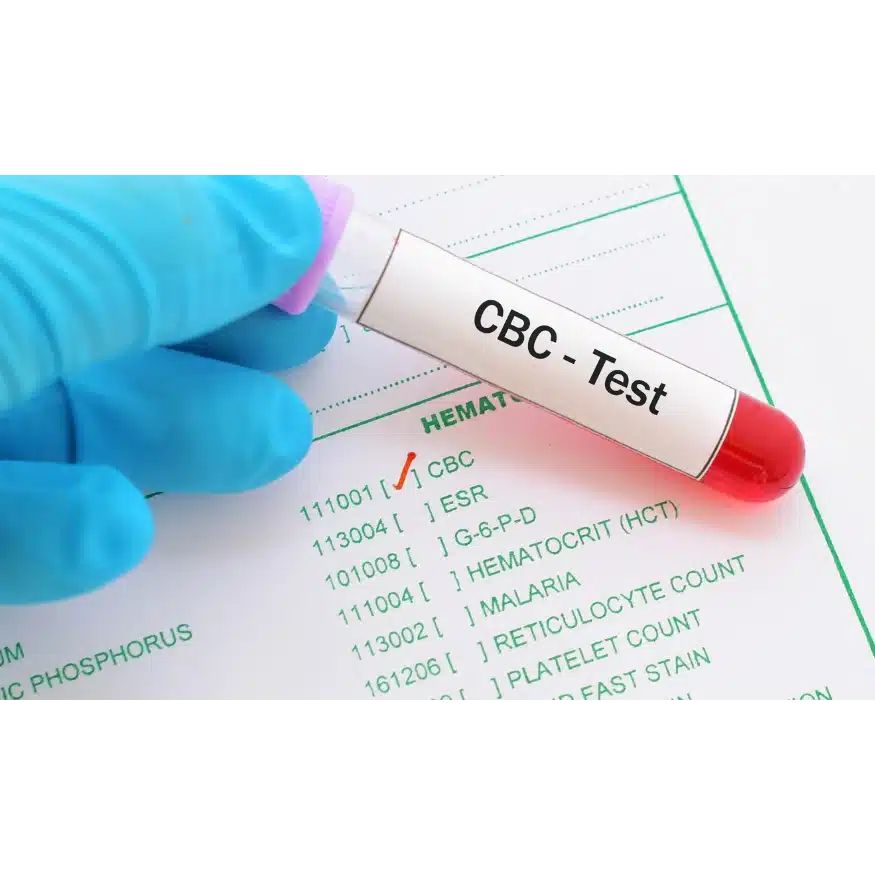
Why do you need this test? A CBC test helps. Is a general test that helps you evaluate your overall health and detect a variety of diseases and conditions, like anemia and infection.
Disease prevention: It can spot early signs of blood disorders or infections, so you can take steps to prevent more serious health issues. Lukemia can also be found with a CBC test. For those who want more information, the CBC test is able to identify seven types of cells: blood, red blood cells, neutrophils, eosinophils, basophils, lymphocytes, monocytes, and platelets. This can also show a low blood count, a high blood count,a high platelet level,and many more.
Frequency: Your doctor will probably recommend a CBC as part of a routine checkup. In other cases, if you’re experiencing symptoms such as fatigue, weight loss, fever, and a few other symptoms, the frequency depends on your health condition and results.
Procedure time and pain level: It takes a few minutes to collect a blood sample from a vein in your arm. You might feel a quick, small pinch, but nothing dramatic to make you faint. No worries; our certified nurses make sure you feel almost like you are in a spa.
Hematology And Electrolytes

Why do you need this test? This test will be able to identify the condition of your blood. It can show the balance of electrolytes, which are crucial for your body’s fluid balance, muscle contractions, and nerve signals.
Disease prevention: Helps in detecting imbalances or diseases affecting blood cells and electrolytes at early stages.
Frequency: As advised by your doctor, it is often part of routine health examinations or to monitor conditions. Or if you have any of the following symptoms, the doctor can prescribe this test as well.
- Confusion and irritability.
- Diarrhea or constipation.
- Fatigue.
- Headaches
Procedure time and pain level: The procedure time is less than 10 seconds. Little needle pick, and you will be totally satisfied with the unexisting pain level.
Cardiovascular (Lipids, Triglycerides, Cholesterol, HDL, LDL)

Why do you need this test? The Cardiovascular test will be able to measure the amount of fat in your blood and determine your risk of cardiovascular disease. 1 in 12 people in Canada has some cardiovascular disease. This may be due to their obesity, high amount of salt intake or another reason. If we refer to Canada Health Statics, every single hour around 14 adults in Canada die from heart disease.
Disease prevention: Crucial test in preventing heart disease and stroke by identifying high levels early so you can make lifestyle changes or start treatments. Knowing the statistics you will really want to adjust your lifestyle. Also, men are twice as likely to suffer from cardiovascular disease than women.
Frequency: In an ideal world you should do it every 4-6 years for adults without risk factors. If you do have risk factors, then you should aim to do this test more frequently.
Procedure time and pain level: Minor discomfort level with a really fast blood sampling with a tiny needle. You almost will not notice it.
Liver and Renal (ALT, ALP, AST, BUN, Creatinine)

Why do you need this test? Checks the health of your liver and kidneys, which filter waste and produce certain vital substances.
Disease prevention: Early detection of liver or kidney dysfunction can prevent further organ damage.
Frequency: Based on doctor’s advice, especially if you’re at risk or show symptoms of liver or kidney issues.
Procedure time and pain level: Quick, involving a small needle prick, with minimal discomfort.
Thyroid Panel
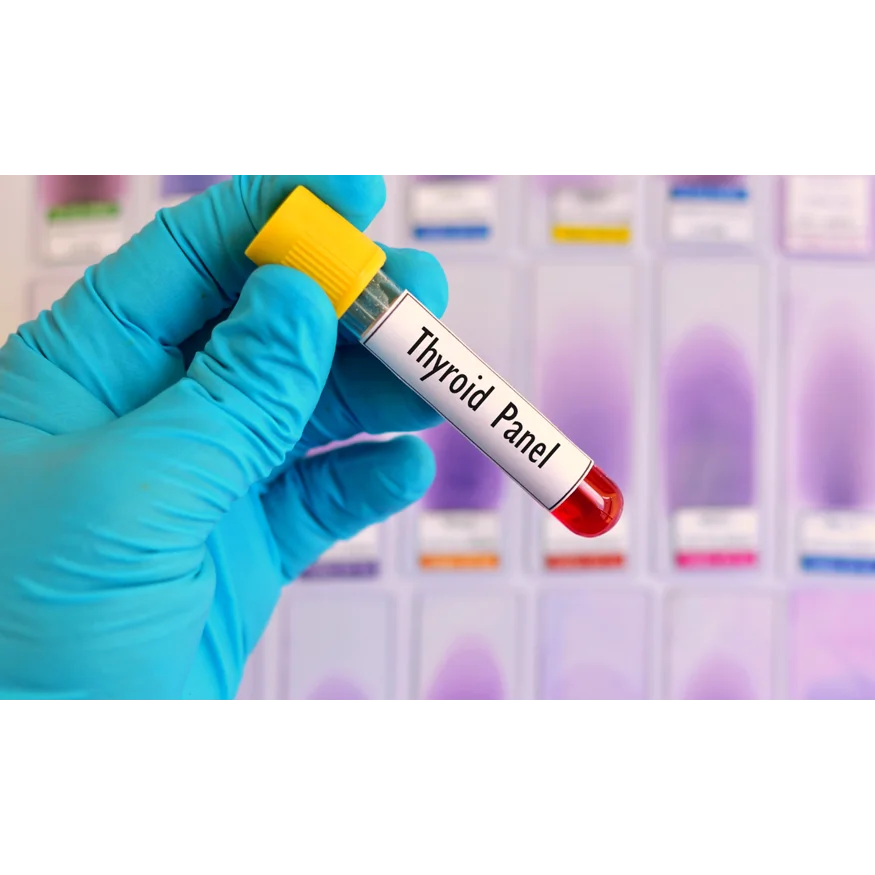
Why do you need this test? This test is important to measure how well your thyroid is working and check for thyroid diseases.
Disease prevention: Thyroid cancer is relatively curable in the early stages of prevention. In fact, it is one of the cancers with the highest success rates of full recovery. Thyroid panel can detect thyroid disorders early, which can affect metabolism, energy, and mood.
Frequency: A thyroid panel is usually not a test that the majority of people take. This test is only recommended if you have symptoms or risk factors for thyroid disease.
Procedure time and pain level: A simple blood draw that’s over quickly, with a small pinch felt.
Urine Analysis and Cultures
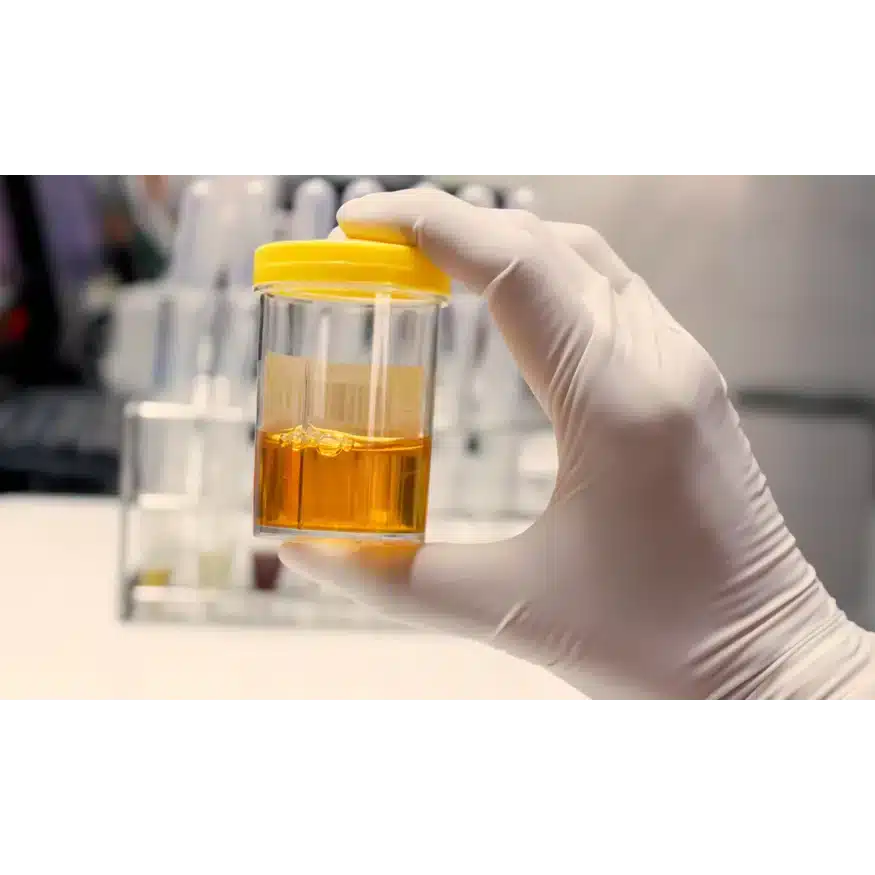
Why do you need this test? It checks the health of your urinary system and detects infections or other conditions.
Disease prevention: The urine analysis can help prevent kidney damage, urinary infections, and diabetes.
Frequency: Not a test that is prescribed on a daily basis. Based on symptoms or as part of routine checkups.
Procedure time and pain level: Painless; involves collecting a urine sample in a cup. The procedure time depends solely on the person who fills the cup. Nurse can not speed up the process.
Stool tests (FIT, stool culture, ova and parasites, etc.)
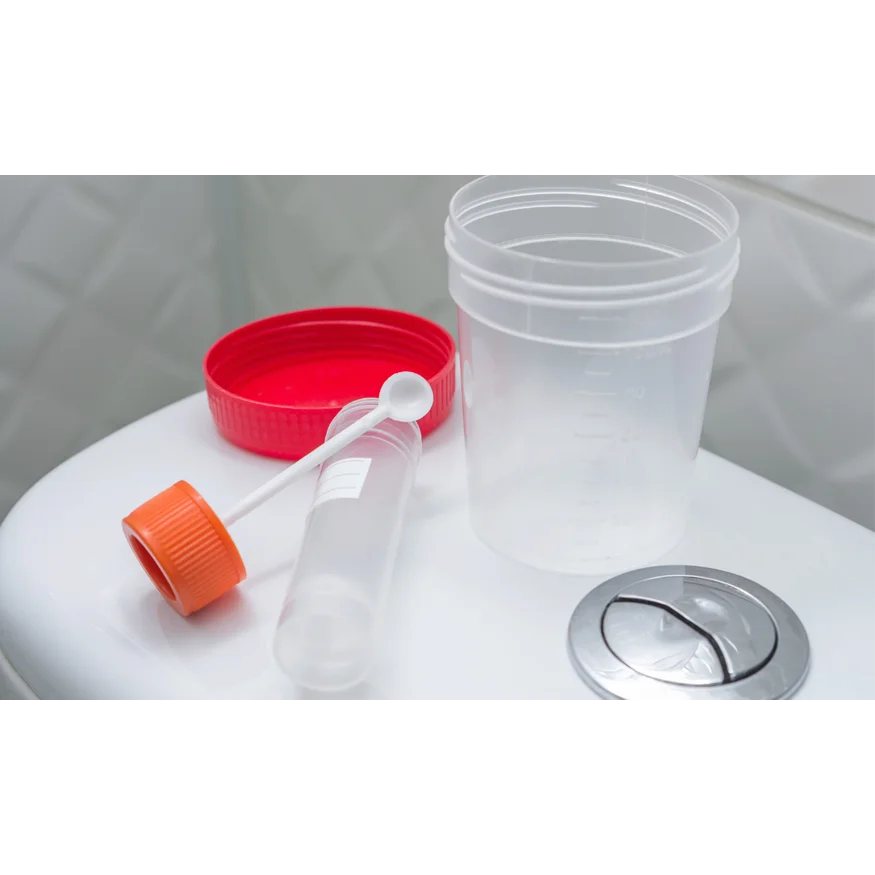
Why do you need this test? A stool test is needed to detect digestive tract issues, infections, and occult blood.
Disease prevention: Better to cure at early stages than to die from lack of care. The stool test is used for early detection of potential digestive issues. The test might indicate colorectal cancer.
Frequency: As recommended by your doctor, especially for colorectal cancer screening. An average person may do it once in their lifetime.
Procedure time and pain level: Painless; involves providing a stool sample. Time depends on the patient.
Strep Tests (Culture)
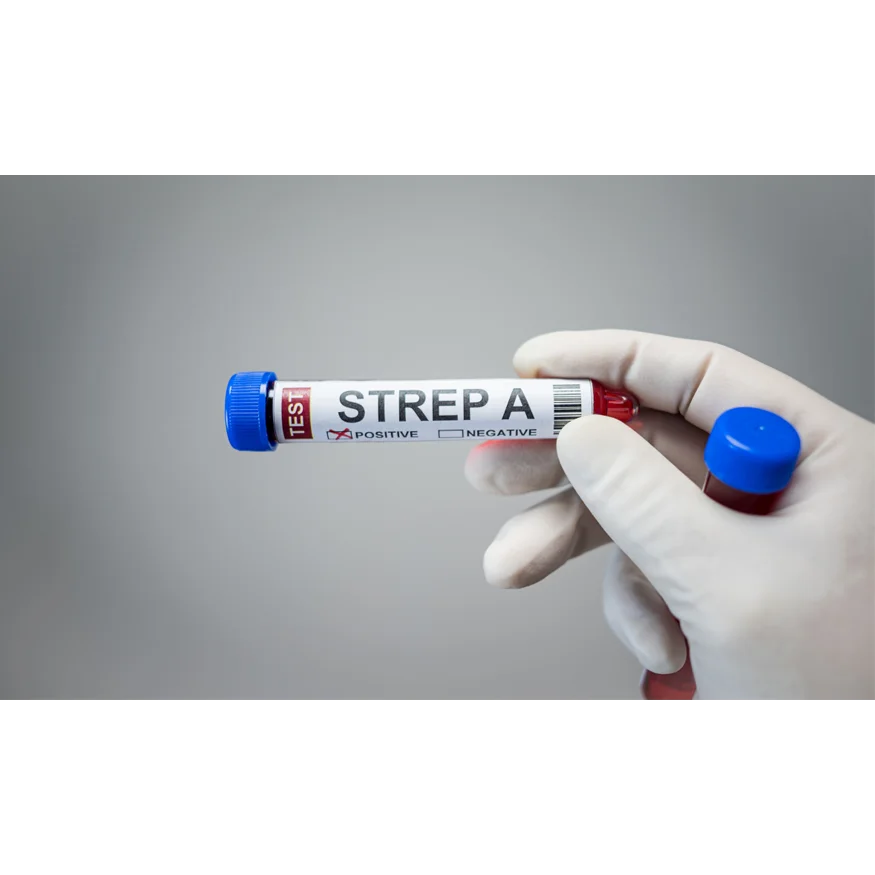
Why do you need this test? To diagnose strep throat, a bacterial infection that can cause severe throat pain, the bacterium is also known as Streptococcus. However, do not get scared of this long word; the disease is not dangerous and easily curable.
Disease prevention: Early treatment can prevent complications like rheumatic fever. Some of the songs are:
- sore, red throat, or tonsils.
- pus on the throat or tonsils.
- pain in swallowing.
- fever and chills.
Frequency: This test is only needed when a few symptoms are presented.
Procedure time and pain level: There is a quick swab, but not in your nose like with COVID, but of the throat, which might cause brief discomfort. The procedure is very fast.
Allergy Tests
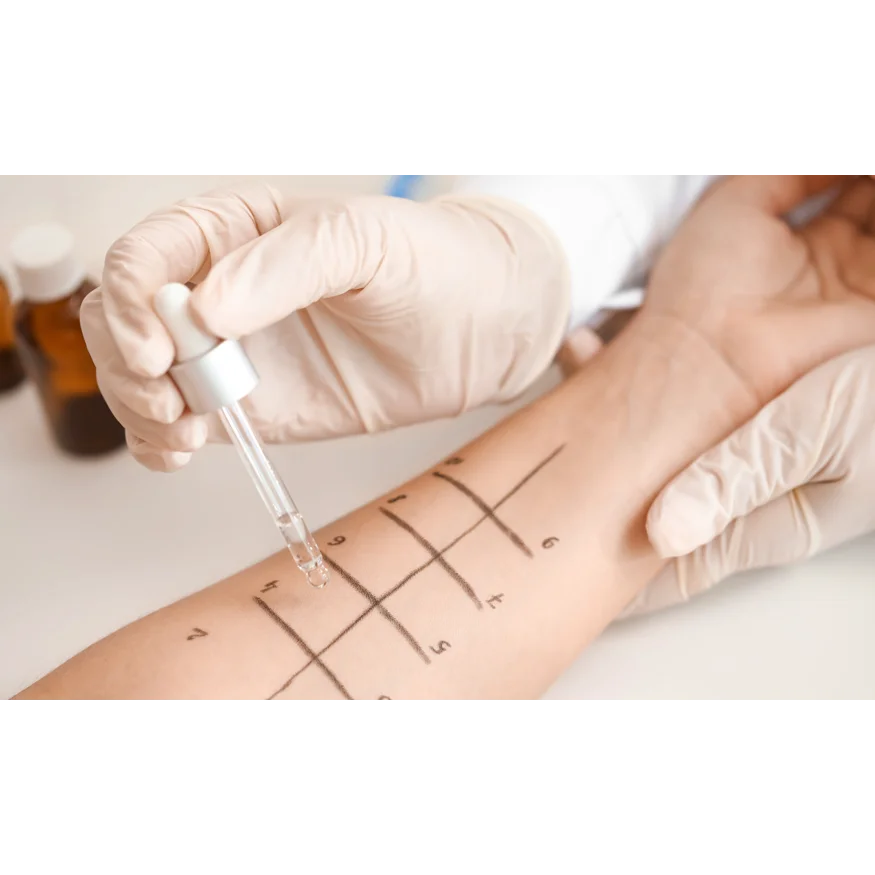
Why do you need this test? Allergy tests are used to identify specific allergens that trigger your allergic reactions. Some people have the deadliest reactions to some allergens, most commonly nuts. Others have allergies to cats or dogs. The least lucky people have an allergy to dairy or even certain medications. Despite the allergens that trigger your body, it is always better to be alert to the dangers you consume or inhale.
Disease prevention: The allergen test helps in managing and avoiding allergen exposure, reducing the risk of severe reactions. Some allergies can be permanently cured with weekly injections.
Frequency: As needed, based on allergic symptoms and exposures. The test for allergy is usually recommended for people who experience some discomfort, trouble breathing through their nose, or sudden, inexplicable rushes over their body.
Procedure time and pain level: Varies; skin prick tests may cause slight discomfort and are quick. Other tests require a blood sample, which is a little more painful but more accurate.
Prenatal Blood Tests (including prenatal glucose and gestational diabetes tests)
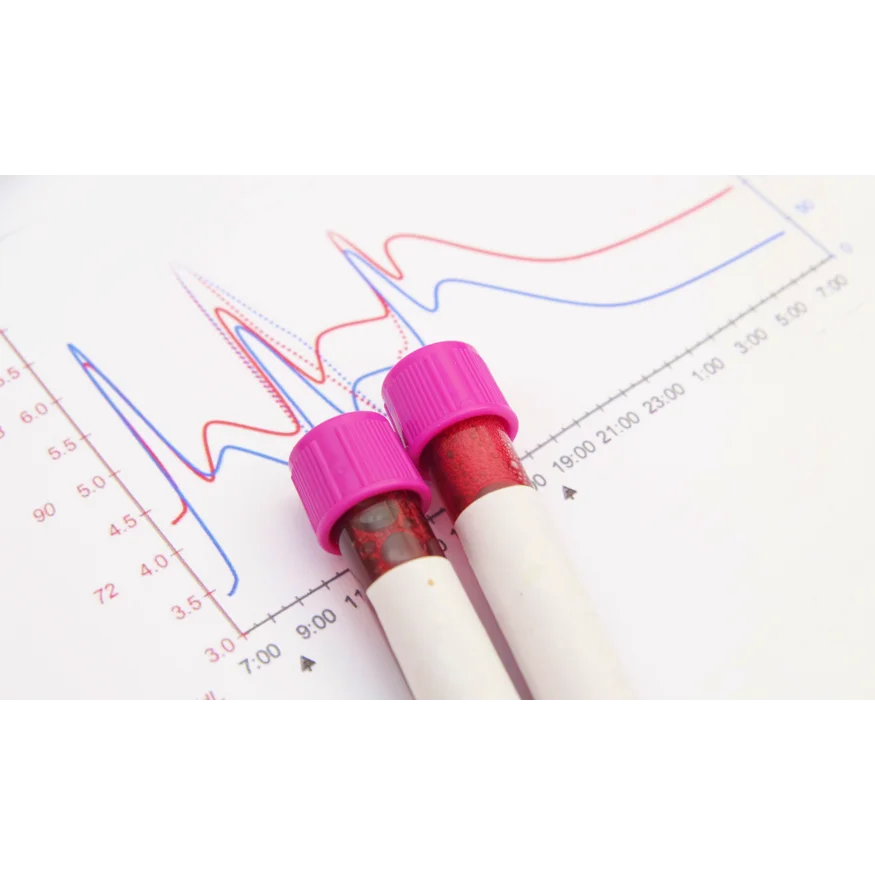
Why do you need this test? When you get pregnant, it is important to monitor the health of the mother and fetus and check for gestational diabetes.
Disease prevention: The test on its own does not cure disease, but it can show potential disease, like a chance for specific chromosome problems, such as Down syndrome.
Frequency: During the middle of the pregnancy or as recommended by your healthcare provider.
Procedure time and pain level: Quick blood draw; discomfort is minimal.
Prenatal Genetic Screening (Harmony)
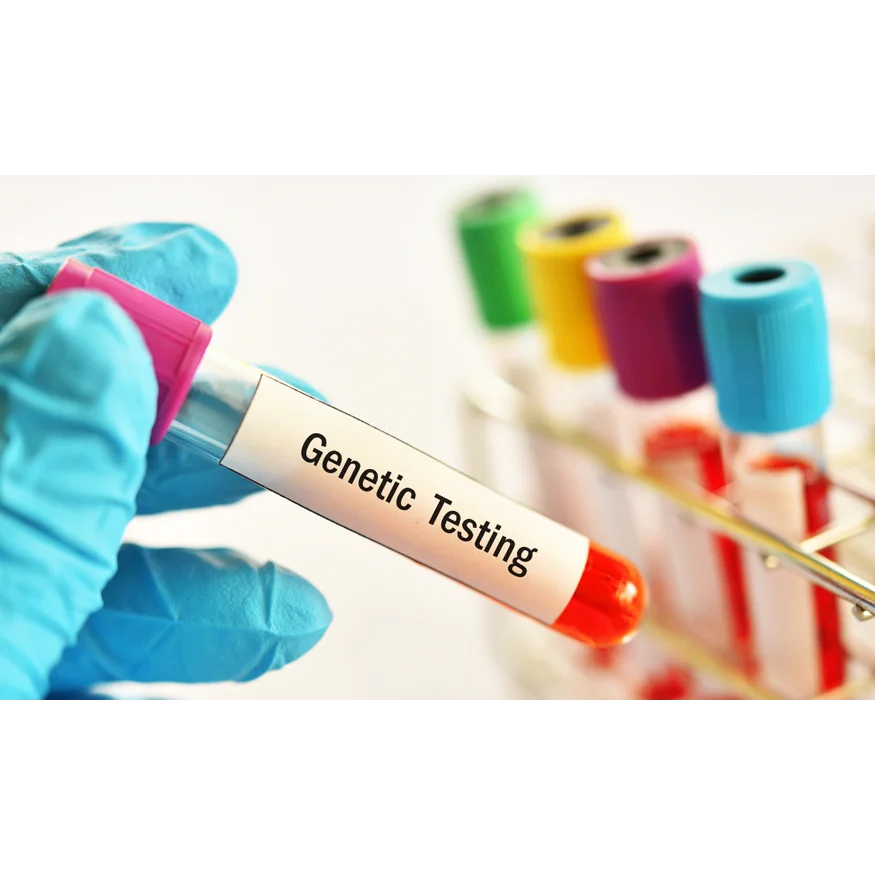
Why do you need this test? This test can help identify and screen for certain genetic conditions in the fetus in the early stages of pregnancy.
Disease prevention: This can allow early detection of severe or unwanted genetic conditions like Down syndrome.
Frequency: Typically performed once during early pregnancy, as recommended by your healthcare provider.
Procedure time and pain level: This involves drawing blood , which is quick and may involve a small pinch or discomfort.
Fertility Blood Panels

Why do you need this test? If you are trying to have a baby and would like to know ahead of time how to evaluate fertility-related hormones and other factors that might affect your ability to conceive. If you would like to increase your odds, then booking a fertility blood panel test will be the right choice!
Disease prevention: Fertility blood panel identifies hormonal imbalances or other issues that could be treated to improve fertility.
Frequency: As advised by your healthcare provider, often when you're trying to conceive and encountering difficulties.
Procedure time and pain level: A quick blood draw with minimal discomfort, similar to other blood tests.
Pediatric blood tests (heel pricks, venipunctures)
Why do you need this test? Similar to a general blood test, a pediatric blood test is used for a wide range of conditions in newborns and older children, including anemia, infections, and more.
Disease prevention: Early detection can prevent serious complications in growth and development. This panel is the same as a regular blood test, just for kids. The purpose is the same. Just a general check-up.
Frequency: The pediatric blood test is only done at birth for newborn screening and as recommended during childhood. You will not need this test when you are 50, so don't worry!
Procedure time and pain level: Heel pricks are quick with a brief sting; I cannot say it is unpainful; the sting may be hurtful. On the other hand, venipuncture may cause a bit more discomfort, but it is also fast.

